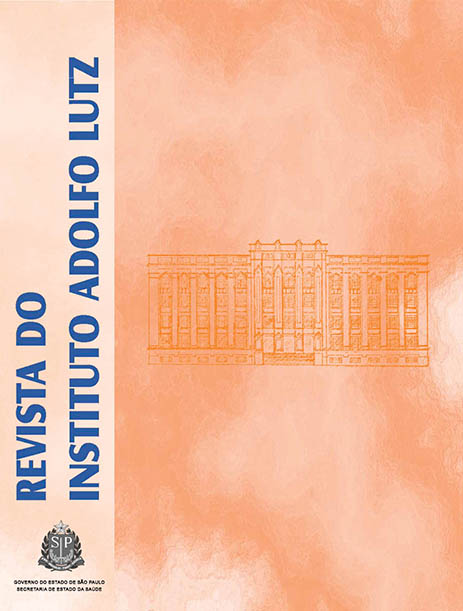Abstract
The ISO 17025 Guidelines states that all instruments used in performing experiments must be calibrated. For micropipettes no maximum error limit has established, which makes difficult to determine as far as a micropipette can be used without interfering on the final results. The aim of this study was to determine the percentage of errors which could be accepted in the micropipettes volume without interfering on results from different steps of LAL toxicological assay. The error percentages were determined based on the information from 44 certificates of micropipettes survey. A monochannel variable volume calibrated micropipette (Eppendorf) and QCL Chromogenic LAL kit (Lonza) were employed. Endotoxin curve was plotted using 0.1, 0.25, 0.5 and 1 EU/mL concentrations. The error percentages of ±2%, ±4% and ±10% were compared with the reference concentration (0.5 EU/mL). Results were analyzed by Student’s t-Test in relation to the reference concentration (p<0.05). Statistical analysis showed that the error of 2% did not interfere on standard endotoxin and LAL substrate results, but errors above this percentage caused alterations on results. Micropipette errors did not interfere on the reaction of substrate color. Errors higher than ±2% should be corrected by adjusting the micropipette volume.
References
1. Schindler S, von Aulock S, Daneshian M, Hartung T. Development, validation and applications of the Monocyte Activation Test for pyrogens based on human whole blood. ALTEX. 2009;26:265-77.
2. Farmacopeia Brasileira. 4ª ed. Parte II. Fascículo 5. São Paulo: Atheneu; 2003. Teste de Pirogênio. v.5.1.2.
3. Farmacopeia Brasileira. 4ª ed. Parte II. Fascículo 1. São Paulo: Atheneu; 1996. Endotoxinas Bacterianas; v.5.1.9.
4. Associação Brasileira de Normas Técnicas. ABNT NBR ISO/IEC 17025: 2005. Requisitos gerais para a competência de laboratórios de ensaio e calibração. Rio de Janeiro: Associação Brasileira de Normas Técnicas (ABNT); 2005.
5. Instituto Nacional de Controle da Qualidade em Saúde - INCQS (BR). Métodos de Ensaio e Calibração e Validação de Métodos do Instituto Nacional de Controle da Qualidade em Saúde. Rio de Janeiro: Fundação Oswaldo Cruz (FIOCRUZ); 2009.
6. Morel P, Arruda TL, Bohrer-Morel MBC. Calculation of uncertainties in influence quantities in biological essays. Braz Arch Biol Technol. 2006;49:97-9.
7. Lourenço FR, Kaneko TM, Pinto TJA. Estimativa da incerteza em ensaio de detecção de endotoxina bacteriana pelo método de gelificação. Rev Bras Ciênc Farm. 2005;41(4):437-43.

This work is licensed under a Creative Commons Attribution 4.0 International License.
Copyright (c) 2011 Instituto Adolfo Lutz Journal
